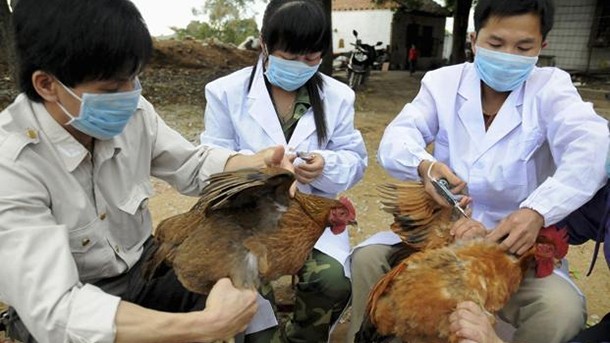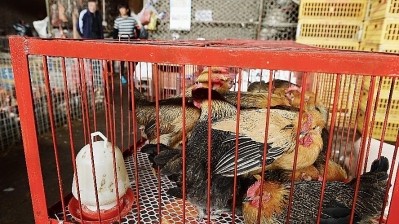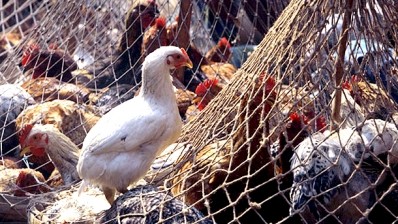Hong Kong bans chicken imports from China after new bird flu discovery

Ko Wing-man, secretary of Food and Health Bureau in Hong Kong, announced today that a live chicken sample taken among poultry imported from Guangdong Province of mainland China tested positive for the deadly virus.
Suspension and closure
As a counter-measure, Hong Kong has decided to suspend poultry imports from the mainland for the next three weeks until February 18. In addition, the bureau has also ordered the closure of the city’s wholesale poultry market, where the virus was discovered, to provide for cleaning and disinfection.
The last time Hong Kong suspended live poultry imports was in 2011, after a dead chicken tested positive for the H5N1 strain of bird flu at the same market.
Ko also stated that local farms too were being banned from supplying live chickens to the market and that health and sanitation authorities will cumulatively cull 20,000 chickens to prevent an outbreak.
“Agriculture, Fisheries and Conservation Department officers will inspect all the local chicken farms and collect more samples for testing to ensure that local farms are not affected by H7 avian influenza,” Ko said.
WHO caution
According to the Hong Kong Department of Health, the H7N9 bird flu virus first emerged in March last year and has so far infected at least 240 people in China, Taiwan and Hong Kong.
The WHO’s stand on the matter is that while the H7N9 virus passes between birds, cases in humans have so far not shown evidence of sustained human-to-human infection.
According to reports, two people infected with H7N9 bird flu have died in Hong Kong and a third patient is being treated—all three were infected during visits to the southern Chinese city of Shenzhen.
In China, according to the Chinese Centre for Disease Control and Prevention, 19 people had been died of the flu this year.













